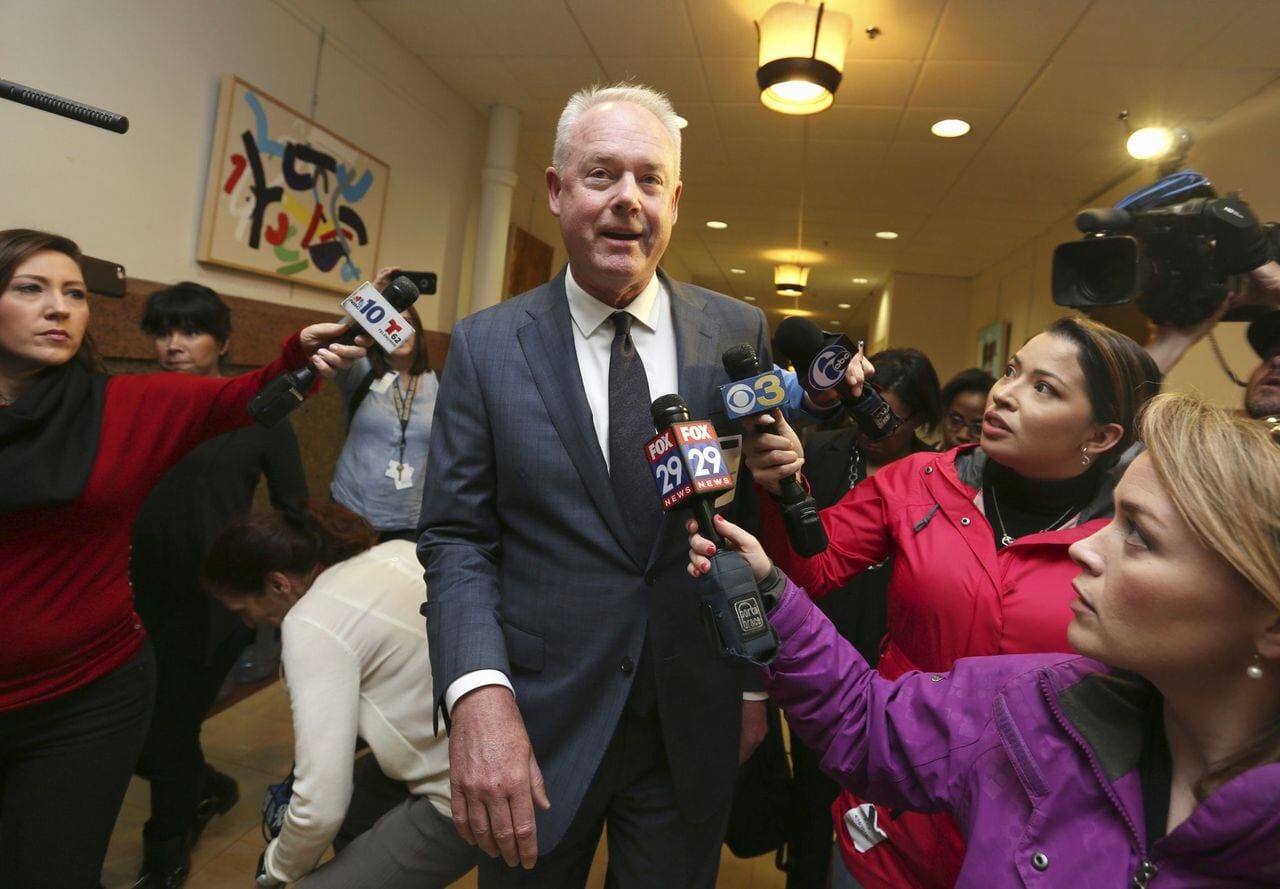In a significant shift within the consulting industry, Booz Allen Hamilton recently declared its intention to cut 2,500 jobs, with a substantial focus on its consulting workforce. This decision coincides with heightened scrutiny on federal spending, particularly under the Trump administration, which has been proactive in its efforts to rein in government expenditures. The ripple effects of these spending constraints are being felt across various sectors, prominently in the consulting sphere, which often relies heavily on government contracts.
Booz Allen Hamilton, a prominent player in the consulting and analytics space, provides services primarily to government entities, including federal, state, and local agencies. The firm’s recent decision is emblematic of the evolving landscape in federal contracting, where agencies are increasingly tasked with doing more with less. This environment has been further exacerbated by the Trump administration’s policies aimed at budget cuts and enhanced operational efficiencies within government agencies.
During the past few years, the federal government has undergone considerable restructuring, with an increasing demand for accountability and efficiency in spending. This shift has prompted various consulting firms to reevaluate their operational strategies, leading to the decision by Booz Allen Hamilton to trim its workforce. The layoffs are expected to streamline the company’s operations and align it better with the evolving priorities of its federal clients.
The 2,500 job cuts represent a significant reduction within Booz Allen Hamilton’s workforce, reflecting the firm’s proactive approach to aligning with the shifting priorities in government spending. The company, which has historically enjoyed robust growth in its federal consulting business, now finds itself navigating challenges that parallel broader economic considerations and governmental restructuring.
As part of its restructuring strategy, Booz Allen intends to focus on the most critical areas of its business, optimizing its resources to meet the specific needs of federal agencies likely to remain priorities in the government’s agenda under the current administration. While these cuts may be difficult for employees and their families impacted by the layoffs, they are similarly reflective of an overarching trend seen throughout the industry.
Federal agencies increasingly emphasize efficiency and cost-saving measures, particularly in light of projected budget limitations. Many consulting firms are now facing dwindling demand for certain services that were once considered standard practice in government contracting. In turn, these firms, including Booz Allen, are adjusting their service offerings to align with changing priorities.
In addition to budget cuts, Booz Allen Hamilton’s layoffs coincide with shifting paradigms in the federal government’s approach to technology and consulting services. With an increased focus on in-house capabilities and immediate responsiveness to shifting policy needs, agencies are re-evaluating their reliance on external consultants. As a result, firms are faced with the dual challenge of adapting their service models while managing workforce reductions to remain viable in this new landscape.
The cuts from Booz Allen Hamilton are anticipated to create additional ripples in the consulting workforce, influencing employee sentiments across the broader sector. Job security in consulting positions tied to government contracts has become more volatile, leading many within the industry to seek alternative career pathways or secure roles that offer stability in an increasingly unpredictable environment.
Though Booz Allen Hamilton holds a prominent market position, the firm is not isolated from the pressures accompanying federal budget constraints. Similar patterns are emerging across various consulting firms engaged with government contracts, as these firms seek to align their offerings with the evolving needs of policy makers and indeed, the general populace.
The recent layoff announcement serves as a stark reminder of the realities faced by consulting firms operating at the intersection of public administration and private sector efficiency. As agencies seek to optimize their spending and anticipate future directives from the federal level, consulting partners will need to remain nimble and responsive. This will likely entail a realignment of service offerings that not only address the immediate needs of agencies but also foster long-term relationships based on mutual understanding of evolving challenges.
In summary, Booz Allen Hamilton’s move to reduce its consulting staff represents a strategic recalibration in response to the federal government’s tightening budgetary constraints. Ample indications suggest that this trend may persist as agencies continue to navigate fiscal limitations and reassess their operational capabilities. The shifts occurring within the consulting industry exemplify the profound impacts of governmental policy on corporate strategies and the workforce at large. As Booz Allen adjusts to the new economic reality, the broader implications of these changes remain significant for both employees and the governmental agencies that rely on external consulting expertise.



